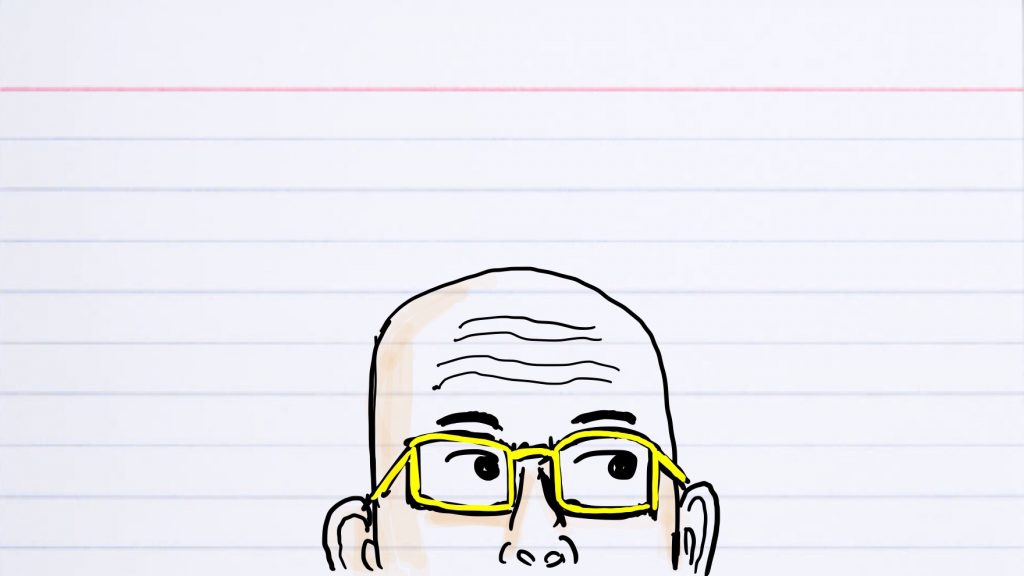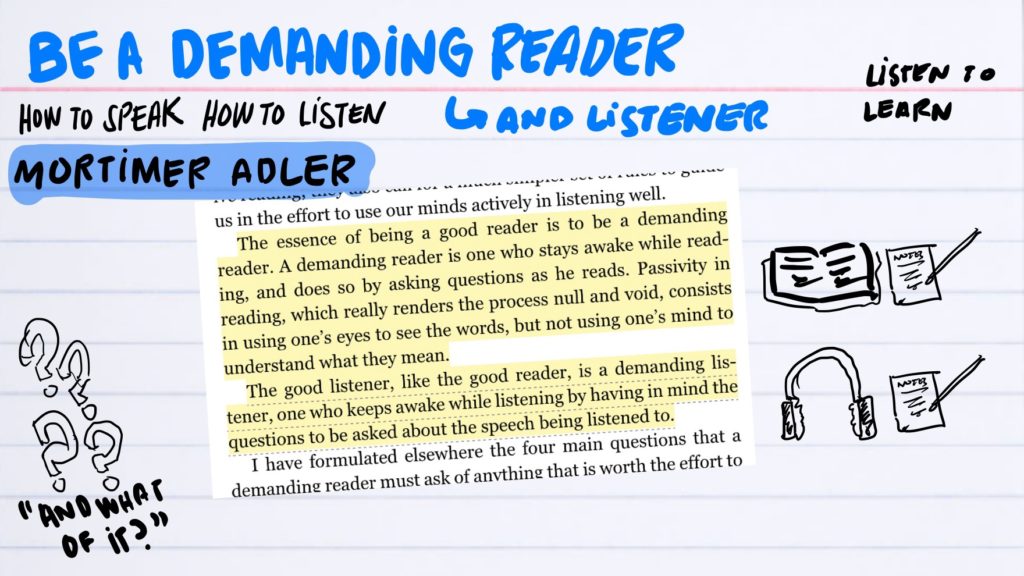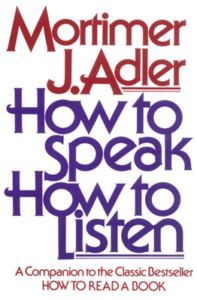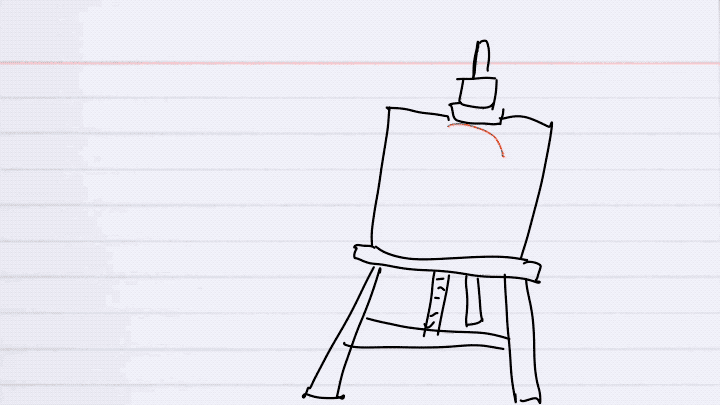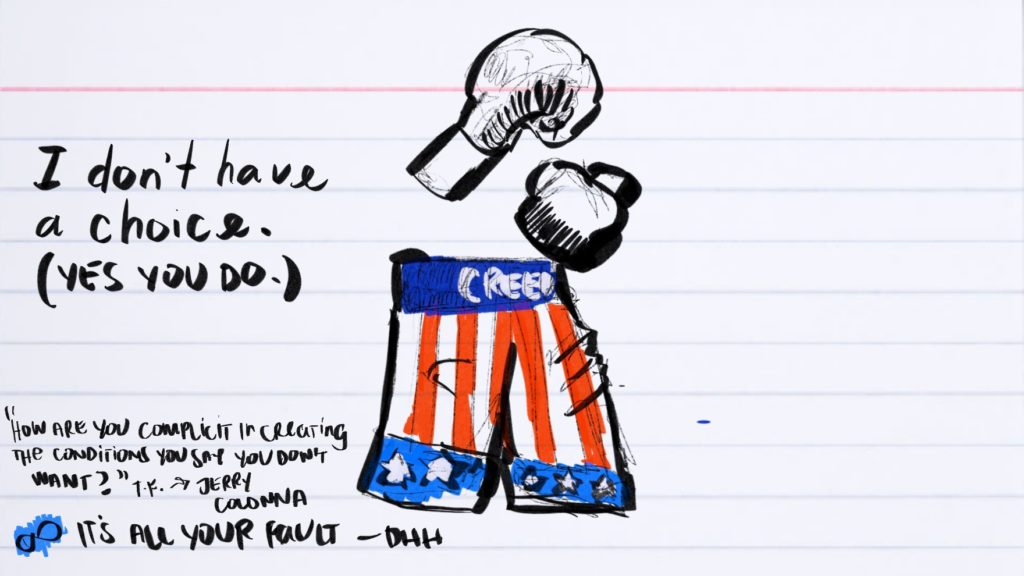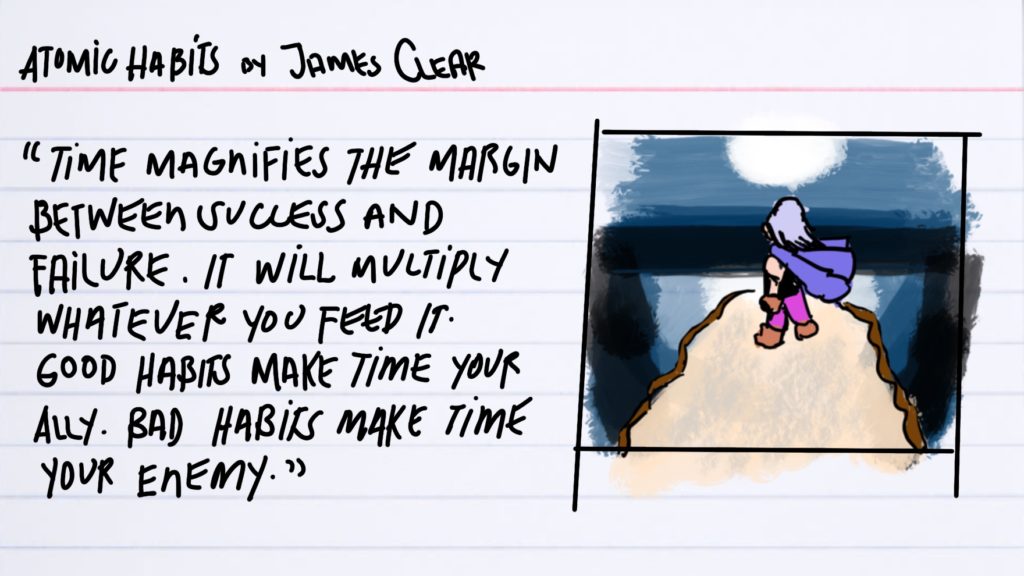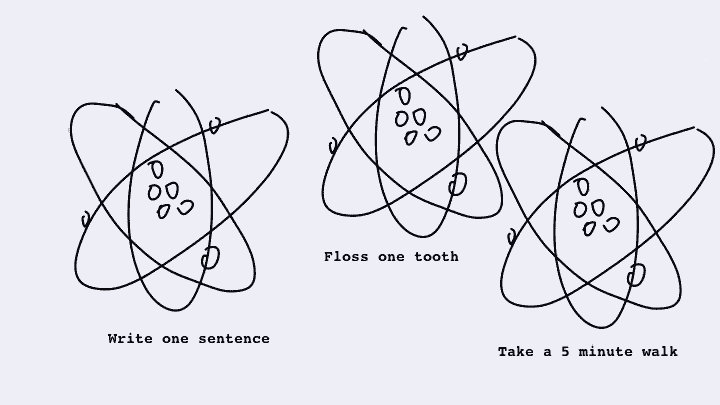Seth Godin talks about the power of blogging every day, whether people know it’s you or not (full episode of “The Moment” with Brian Koppelman).
At 22:00:
One of my favorite paths is: start a blog under an assumed name and blog every day. There’s zero fallout from this. No one will know it’s you. If no one reads it, if everyone reads it, it doesn’t matter. But if you write every day in public, things will happen. Your brain will start to behave in a different way.
Writing every day in public is different than writing every day in private. To get better at writing in public, it’ll help to actually write in public. To get your reps in and feel the mindset shift.
It’s also more difficult to write in public than it is to write in private. If it’s too difficult, then use Seth’s advice to make it easier. Do your writing then send it out into the world with your baseball cap and Ray Bans on.
There’s a good chance you’ll find out that nobody cares about your writing. Look at that as a good thing.
Now you can practice without worrying so much. With more practice, you might not feel the need to hide all the time. Then you’ll probably find a few people who care about your writing.
(You might want to start with ten and work your way up.)
